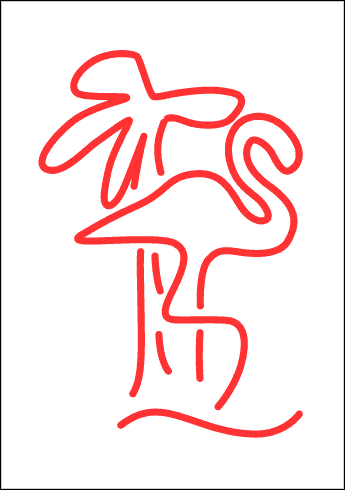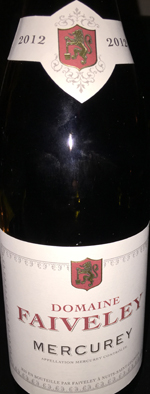Happy Ending
 Monday, March 2, 2015 at 10:27PM
Monday, March 2, 2015 at 10:27PM Note: This is a review under chef Francis Gabarrus, who left the restaurant in April 2015, after just four months. We liked his work, but felt that his classic French menu clashed with the history of the space and wouldn’t be embraced by the neighborhood. His only professional review came in The New Yorker, one of that publication’s rare pans.
*
 To clubhounds of a certain age, Happy Ending isn’t a French restaurant. It’s “a Lower East Side nightspot that specialized in sloppy, Tao Lin fever dreams of emaciated 20-somethings mugging for party flicks.”
To clubhounds of a certain age, Happy Ending isn’t a French restaurant. It’s “a Lower East Side nightspot that specialized in sloppy, Tao Lin fever dreams of emaciated 20-somethings mugging for party flicks.”
The original Happy Ending closed in 2013, but the website lives on, with photos that give a pretty good idea of what was going on there. Before that, it was a massage parlor called Xie He Health Club, and perhaps you can guess what the “Happy Ending” referred to.
The space is under new ownership, and quite curiously, they’ve installed chef Francis Gabarrus, who had a Michelin star in France at La Ville Stings, and also spent time with Joël Robuchon, Alain Ducasse, and Thomas Keller.
 What’s curious is that they didn’t change the name. There wasn’t much left in the Happy Ending franchise when it closed, and whatever brand equity it still had, was decidedly not invested in French comfort food. A fresh start might’ve been a better bet.
What’s curious is that they didn’t change the name. There wasn’t much left in the Happy Ending franchise when it closed, and whatever brand equity it still had, was decidedly not invested in French comfort food. A fresh start might’ve been a better bet.
One could make a long list of New York bars and restaurants that are deliberately difficult to find. Sometimes, it’s part of the game. The original location of David Chang’s Momofuku Ko was unmarked, but Chang was already on the way to culinary sainthood: he wasn’t depending on walk-ins. It doesn’t work so well for a new French restaurant that cries out for validation.
The 61-seat dining room reminded Eater of a “1970s basement,” but the windowless space is nicer than any basement of my acquaintance, with its white tablecloths and artwork curated by gallerist Max Levai. (The basement where the “happy endings” formerly took place is apparently now a dance club; we didn’t check that out.)
The bar has its act together: they mad a terrific Gibson ($13). The wine list is not online, but it struck me as a shade over-priced. A bottle of the 2012 Domaine Faiveley was $65.
The food menu is French in style, but a number of these dishes could be served anywhere: mac and cheese; chicken soup; Tuscan chopped salad. It isn’t terribly expensive, with eight small plates ranging from $8 (mixed olives) to $25 (charcuterie), and seven entrees from $19 (mussels or a pork belly sandwich) to $36 (an 8 oz. filet). Sides are $7–9.


The Foie Gras Happy Ending ($24; above) is one of the more expensive appetizers, but worthwhile for what it is, served sliced with thick country bread.


We liked the roasted mustard chicken with black pepper and herb sauce ($26; above left), which is typical of the hearty fare the restaurant now serves. Cassoulet with confit chicken and smoked duck ($24; above right) sounded great on paper, but I didn’t get much duck flavor, smoked or otherwise.



Both side dishes we tried were just fine: Spinach and arugula: ($8; above left), and especially the Pommes Dauphinois ($9; above right).
For dessert, the kitchen turned out a perfectly respectable bread pudding ($10; right).
Nothing pleases us more than to see classic French cuisine in the most unlikely of places. But the decision to tether it to the “Happy Ending” name might be a mistake. Perhaps it will catch on, but the restaurant was not at all crowded on a Wednesday evening.
The chef is obviously capable. Let’s hope he attracts a following.
Happy Ending (302 Broome Street, east of Forsythe Street, Lower East Side)
Food: Rustic and mostly French
Service: Casual, capable
Ambiance: A quirky subterranean room
Rating: ★



Reader Comments